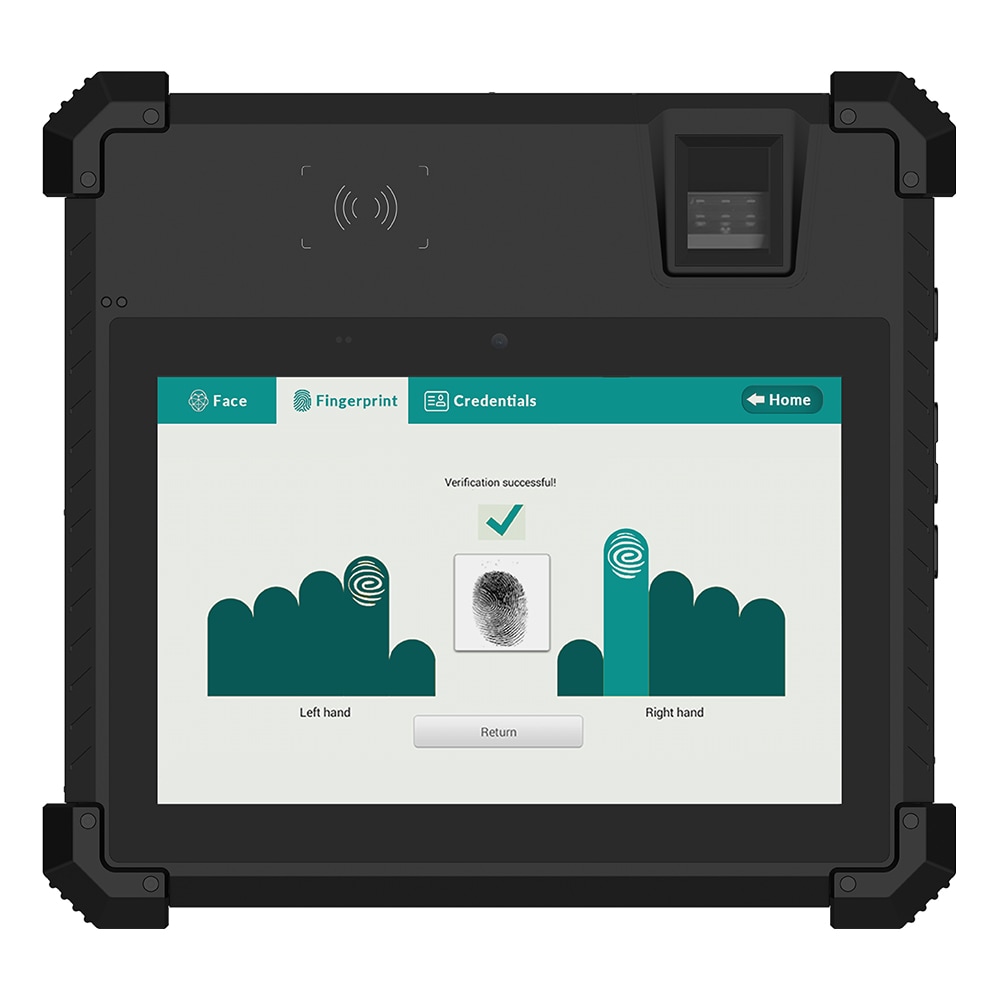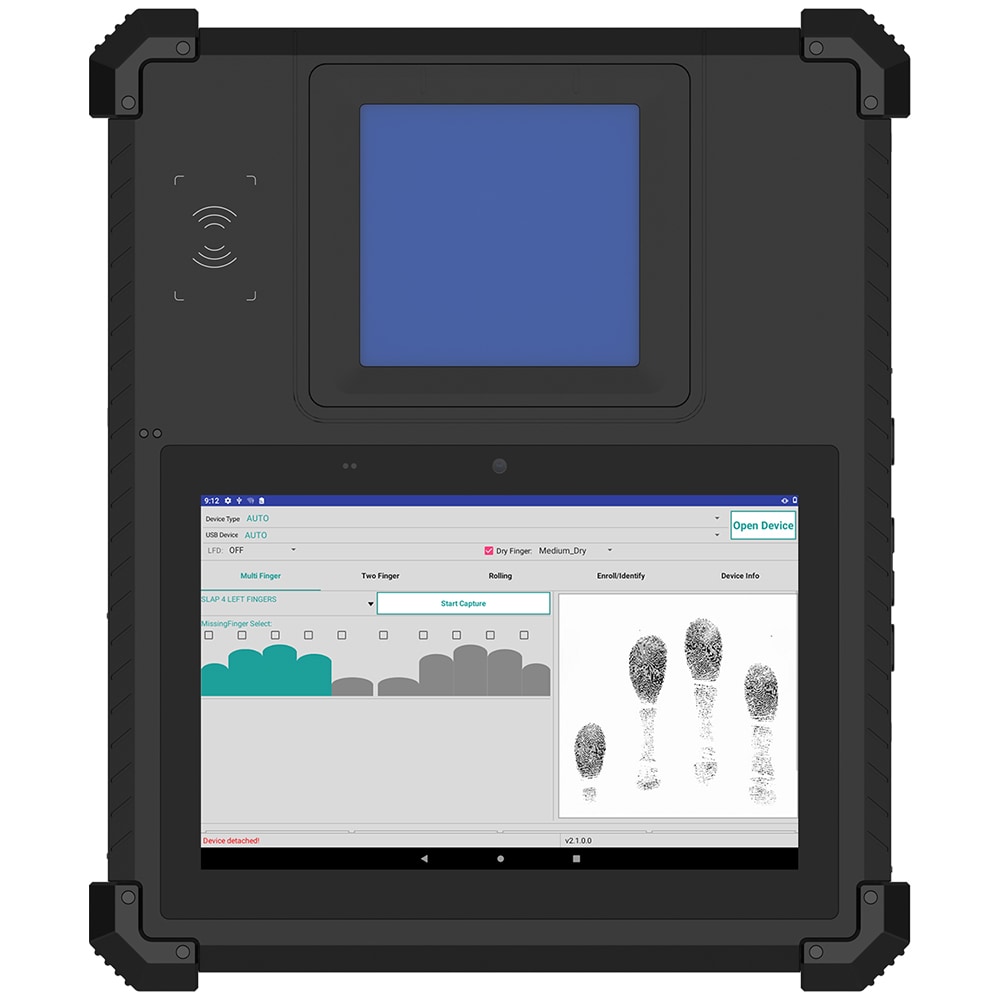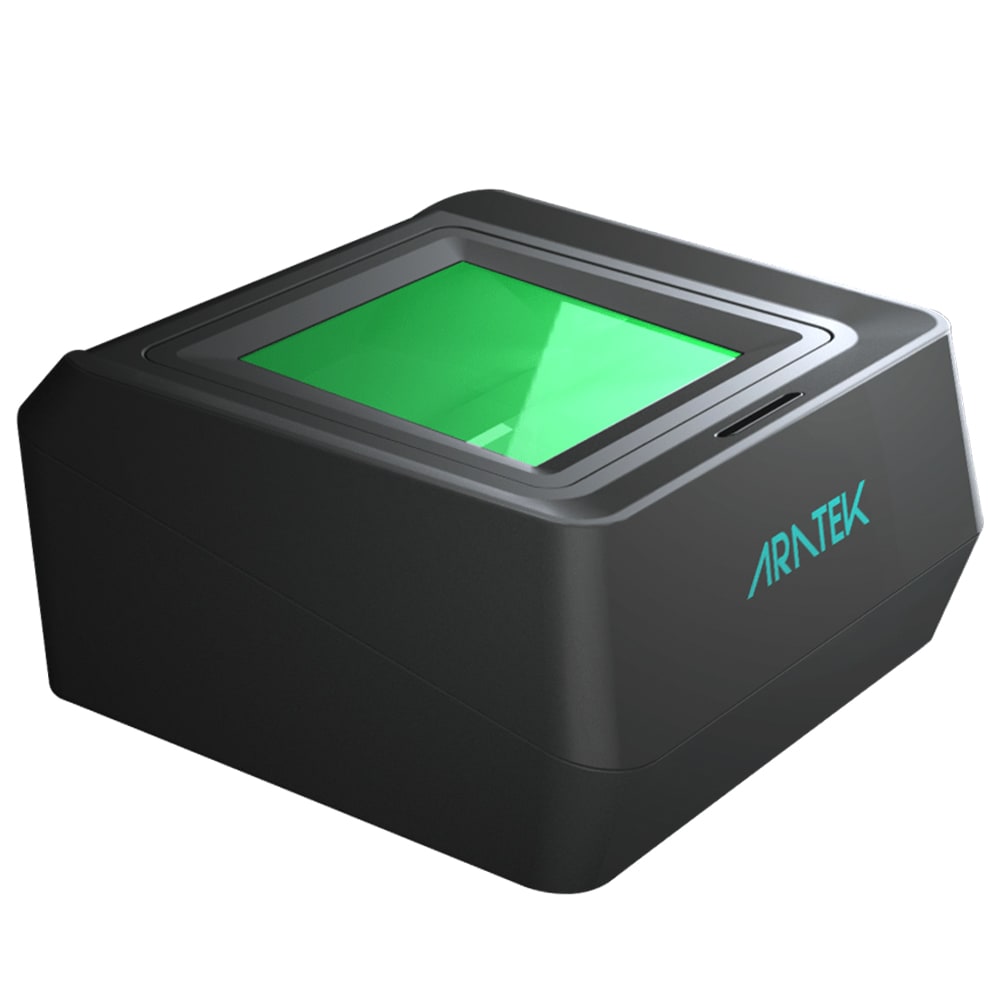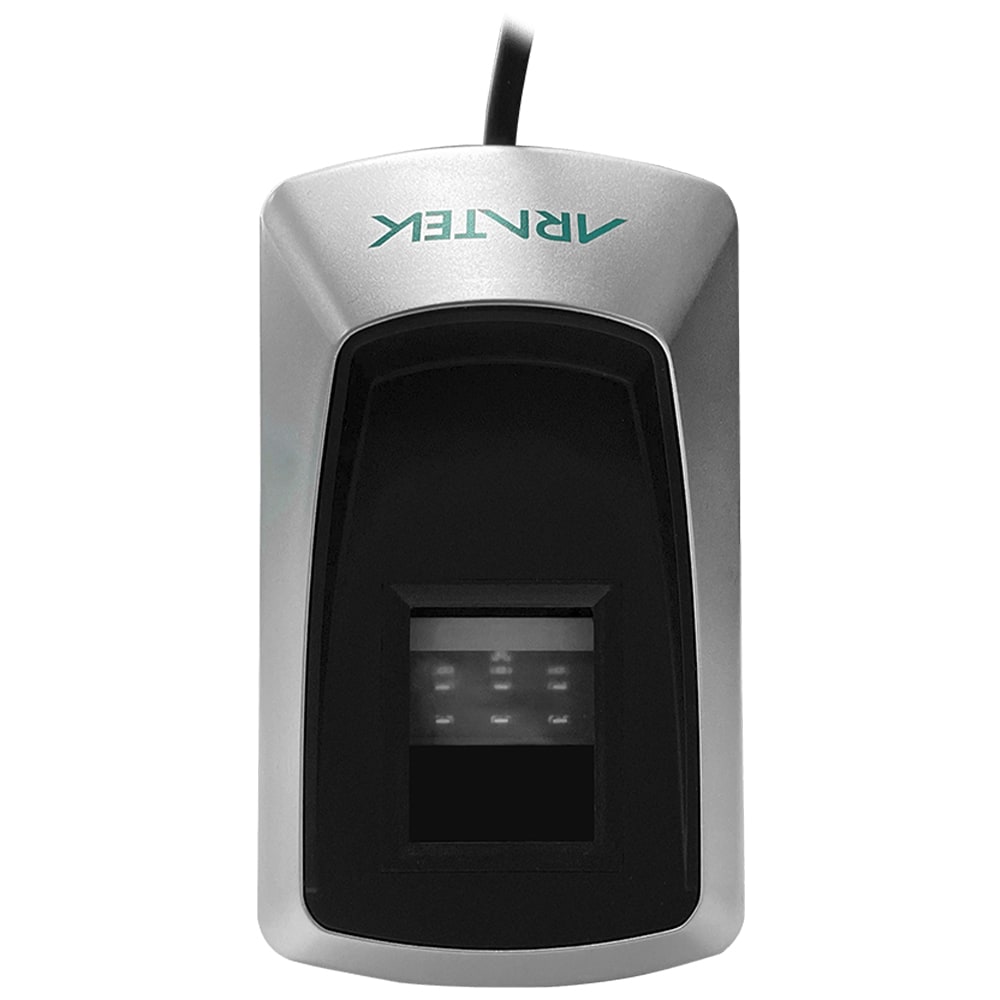
PRODUCT

Smarter Biometrics, Stronger Digital Identity.
VIEW ALL
product finder
solution
case study
support
Company

Identifying the World. Easily, Securely.


years of solid experience
20+
.jpg)
400+
customised projects



EN
.avif)

By Deniz Yurdasen, Sales Manager, Aratek Biometrics
The idea of utilizing biometrics first came about for a few fundamental reasons, including increasing security, preventing fraud, identifying necessity, and so on. In our day-to-day lives, we encounter a variety of preventative measures that range from simplest to complex, such as the use of CCTV cameras by law enforcement; the use of RFID cards to control access to public transportation (buses, metros, and trains); printed ID cards required for banking, medical, and postal services; metal keys required for access to residential and commercial properties; and so on. All of this to arrive at the ideal point of providing the appropriate service to the appropriate individual at the appropriate time. The high frequency of identification, authorization, or verification in day-to-day life shifted the perspective of biometrics applications from "luxury solution" to "must have feature."
For the purpose of providing the highest level of security and transparency to voters, national or local elections and referendums have also quickly adopted biometrics solutions. Many African countries were among the first to use biometrics in their election systems.
Many African nations have begun to use biometric devices to register voters as a means of preventing "duplication," which is when the same person votes multiple times in different locations, and as a means of obtaining more accurate voting statistics. In this scenario, voters enter their identity information (Name, ID Number, Location, etc.) as well as their fingerprints and a photo of their face into the voter database. The registration process is carried out by officials from the government using a BVR (Biometric Voter Registration) kit or a simple mobile biometric terminal. On the day of the election, the voter must bring either the receipt they received after successfully registering or their Voter ID card. The de-duplication process gets rid of double submissions and guarantees that each person gets one vote.
Pros:
It provides governments with the opportunity to develop a biometric database of voters, which in the future may be used in a variety of services, including banking and the distribution of welfare. In addition to this, it supplies the demographic and statistical information regarding voters, as well as perhaps a prediction of voter turnout. The traditional methods of ID verification have been replaced with ones that are quantitative and better organized. Boosts both the speed and effectiveness of the ID verification process.
Cons:
A few concerns that have arisen in the past include forged receipts or voter cards, the accidental loss of these items, receipts that are unreadable, and voter cards that have been damaged. However, it is essential to point out that these concerns have never been major and have never played a role in determining the winner of the election. There are also claims of "potential" problems, such as the cost of maintaining and operating devices, the allocation of resources, the cost of investing in infrastructure, the possibility of technological failures, and concerns regarding the safety of data storage.
All different kinds of electronic systems and solutions are susceptible to these kinds of potential issues. Despite this, the benefits far outweigh any potential drawbacks. A voting registration and verification system that is properly planned, maintained, and operated contributes to the nation's biometric database, which is the central component of both public and private services.
{{product-cta}}
In general, African countries made the right choice when they realized the advantages of digitalizing their voting systems. It is very impressive that many new African democracies are eagerly experimenting with how biometric systems can be used to make voting in elections and referendums safer, faster, and more transparent. According to a report titled "Biometrics – Global Market Trajectory & Analytics 2020" that was published by the research firm Global Industry Analysts in the United States, the biometrics market in Africa and the Middle East will expand at an annual rate of 21% while the global biometrics industry is expected to reach $82 billion by the year 2027. This data demonstrates how African countries are leading the way in adopting new technologies in the field of biometrics.
All the countries listed below have either already implemented or plan to implement biometric voting systems.
Because some of these countries have been utilizing biometric voter registration systems for such a significant amount of time, local businesses in those countries now offer biometric solutions to other countries. They wouldn't have been able to gain such experience or come up with their own solutions if it weren't for the bravery of African governments and their early implementation of these systems.
There are numerous challenges for BVR (Biometric Voter Registration) / BVV (Biometric Voter Verification) systems and databases.
There is refusal among some governments to acquire these systems because of the high initial investment cost. They would rather direct their financial resources toward more urgent issues, such as the safety of food and water, infrastructure, and public health and safety. The recent Covid pandemic has caused a significant drain on government budgets, which has resulted in the delay, deferral, or complete cancellation of many biometric projects.
Some African governments, in an effort to cut costs, have opted to purchase extremely inexpensive hardware and software from solution providers with little to no experience. Although it appears that you will save money in the beginning, we have seen that these systems actually end up costing much more over the course of their lifetime. Due to the poor quality of the biometric data collected, the absence of international standards, and the approach of "You will have to buy from me," total bills skyrocketed.
In some instances, issues with election day security were brought to light due to a breach of a national database. Negligence and a lack of supervision on the part of electoral bodies, operators, and security staff were the primary causes of the problem. Concerns about data privacy, theft of data, and strategies for addressing these issues need to be planned in advance.
The rushed delivery, implementation, testing, and training deadlines imposed by governments or electoral bodies create problems during the registration and verification processes. Long lines, damage to public perception, and the inability of some voters to cast valid votes all resulted from inadequate testing and training in the field.
There is no system that functions perfectly or is expected to function without causing any failures. If the system fails for whatever reason, electoral bodies are required to have a backup plan and fallback procedures in place to prevent chaos.
E-voting is going to be the next step in the electoral process once national biometric databases are developed to their full potential. After the user's identification has been confirmed by the BVV (Biometric Voter Verification) system, they will proceed to the polling station to cast their vote using an electronic device. There are currently several different electronic voting technologies available on the market:
The exploration of these systems will have to wait until we get to the following article. In a brief, there are a bunch of benefits and drawbacks, some of which include, but are not limited to the following: efficiency, speed, cost, accessibility, security, transparency, testing, and certification.
Africa's early adoption of BVR/BVV systems allowed it to be a pioneer in biometric voter registration and verification. The adaptation of these systems was slowed by the continent's core problems and the pandemic. However, public trust is very high, and election transparency of BVV/BVR systems forces governments to plan and invest more in biometrics. With the current rate of development, it will not be surprising to see African countries begin to experiment with E-voting systems in the near future.
.avif)
Use our product finder to pinpoint the ideal product for your needs.


















